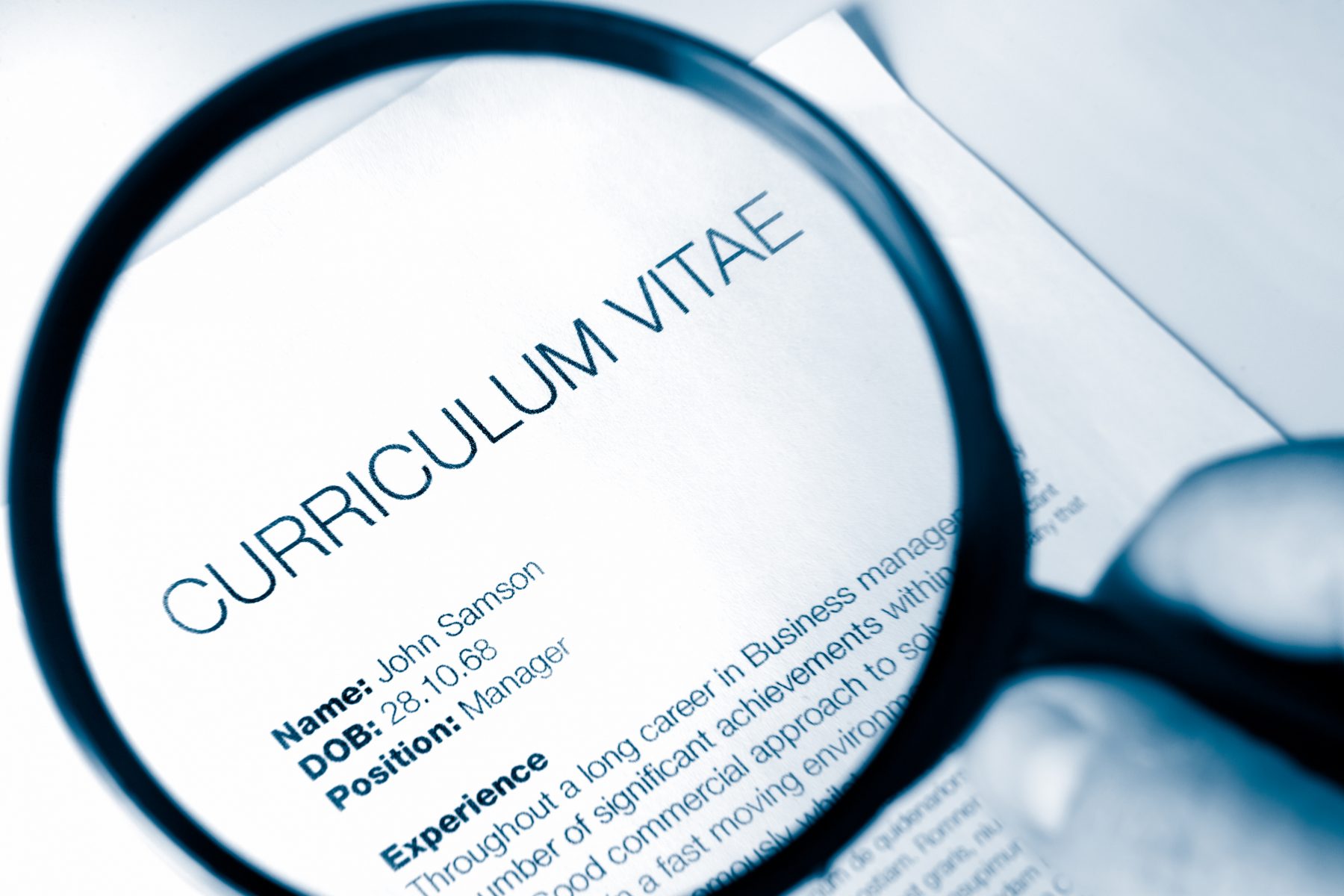
Ever thought about starting a career in the Airport and Aviation Sector?
A move into the air travel industry could see your second career take off after leaving the Military. We take a look at employment opportunities the airport and aviation sector can offer you.
By Alison Dando
For ex-Service personnel looking to keep flying high after a career in the
Challenges and opportunities
While the UK’s aviation sector is certainly not immune to the tribulations associated with Brexit, it is working hard to carve out a strong flight path so that it can rise to the challenges of ever-increasing passenger numbers and a growing airport infrastructure as well as emerging technologies. And where there are challenges, there are also opportunities, not least for Service-leavers.
Approximately 2.5 million flights take to UK skies each year, with this figure set to increase to around 3.1 million by 2030. For inbound flights, the UK is also the seventh most visited country in the world, bringing in around 37.7 million tourists a year. Meanwhile, the commercial aeronautical industry and associated manufacturing and supply chains, collectively saw a turnover of £74 billion in 2017 alone.
Ros Azouzi, Head of Skills and Careers with the Royal Aeronautical Society (RAeS), which acts as the professional body for the aerospace community, said the UK’s aerospace and aviation sector remained a good career option for people with the right experience and skills. She said: “Both the civil and defence aerospace manufacturers are reporting strong order books over the coming years and we have seen a rise in passenger growth at major airports and increasing success of regional airports. Therefore, the sector offers all kinds of opportunities from engineering roles in both manufacturing, aircraft maintenance to airports, as well as operational roles in logistics and planning, operations and management.”
Transferable skills
With the forecasted growth in passenger numbers as well as
“This industry is a good fit when it comes to a second career after the Military. You will find
The aviation sector is a natural second home for many transferable skills and qualifications gained during a career in the Forces. And, as well as direct and relevant experience, the leadership, logistical and team-working skills gained during a Military career could prove invaluable to many
We take a look at five different airport and aviation career options that might suit Service leavers.
Air Traffic Control Role:
Air traffic controllers manage aircraft through all aspects of the flight, taking responsibility for their safety and ensuring landing and take-off times run to schedule.
Entry requirements:
To become a commercial air traffic controller, you will need to apply for a place as a trainee with National Air Traffic Services. To join the year-long course, you’ll need a minimum of 5 GCSEs, including English and maths or relevant aviation experience as a Military air traffic controller or Military pilot. Personal qualities include calmness under pressure, spatial awareness and working as a team player.
Salary: Starting at £17,000 (training), rising to £50,000+ with experience.
Aeronautical Engineer Role: Your role as an aeronautical engineer will depend on your employer and specialist area but can include research and development, design, flight safety, fuel efficiency, performance testing and maintenance.
Entry requirements: Relevant degree, while prior engineering experience including relevant experience gained in the Military is also a plus. HND or equivalent can gain you access on to an apprenticeship scheme. Many companies also offer a graduate training scheme. Personal skills include problem-solving, analytical skills and attention to detail.
Salary: Starting salaries range from £22,000 – £28,000, rising to £40,000 – £45,000, depending on experience. Senior engineers with chartered status can earn £60,000 plus.
Flight Crew Role: Flight crew are the onboard team that ensure passengers get to their destination safely, and in comfort. The team includes the flight captain, co-pilot and cabin crew.
Entry requirements: To take the front seat as an airline pilot, you need at least five GSCEs and a pilot’s licence with flying experience. You can complete a professional aviation pilot practice degree or apply directly for an airline’s training scheme. For cabin crew, you’ll need two GCSEs and complete an apprenticeship or on-the-job training. Contact your chosen airline for more details on their recruitment process and requirements.
Salary: Pilot: from £20,000 (training) to £140,000 (experienced). Cabin Crew: £15,000 – £30,000.
Aviation Security Officer Role:
As part of a team, you will ensure the safe transit of passengers and their luggage through an airport, including x-ray scans, observation screening and security checks as well as on-site patrols.
Entry requirements: Previous relevant experience in a Military role is a benefit as is a good level of physical fitness and customer service skills. First Aid training is also a bonus. If you are employed by an agency or contractor, you will need a Security Industry Authority (SIA) front line licence.
Salary: Entry level rate of £11-£12 per hour, contract work. Average annual salary is between £20,789 and £26,362, depending on skills and experience.
Airport Logistics Role:
From airfreight to passenger cargo to refuelling, baggage handler and aircraft technician, it is the logistics team that really helps to keep an airport moving. When it comes to airport logistics, there are a host of roles where you could utilise transferable Military skills and experience, including aircraft technician, warehouse manager transport coordinator, operations management and cargo agent.
Entry requirements: Dependent on the logistical role. General personal qualities include logical thinking, teamwork, leadership and ability to work well under pressure.
Salary: Again, dependent on experience. Examples include: baggage handler £9.21 per hour, aircraft technician £30,137 per annum, operations manager £44,219 per annum.
More…
Interested in a possible post-Military career in civil aviation? The Royal Aeronautical Society has a dedicated aerospace careers website which covers all of the main career pathways for airports and aerospace, visit: www.careersinaerospace.com


